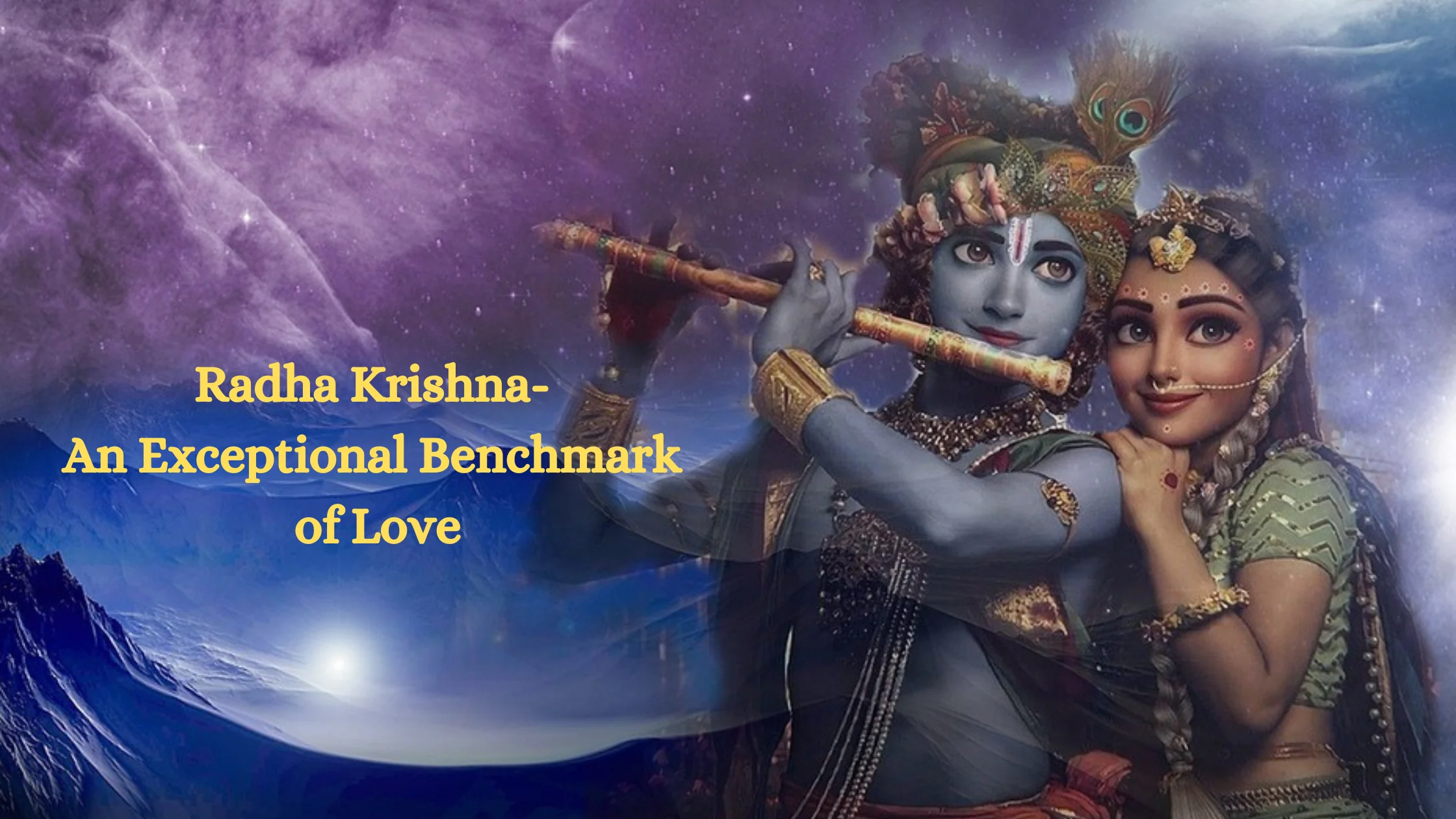The love story of Krishna and Radha is one of the most enchanting tales from Hindu mythology. While their divine connection is celebrated and revered, there’s an intriguing aspect that often captivates curious minds – why didn’t Krishna marry Radha? To explore this celestial romance and the reasons behind their unconventional relationship, we delve into the spiritual realms of devotion and transcendental love.
The Divine Love Story:
The love between Krishna and Radha is not merely a romantic affair; it’s a profound spiritual union that transcends the boundaries of mortal understanding. As described in various sacred texts, the divine love of Radha and Krishna symbolises the eternal connection between the individual soul (jivatma) and the Supreme Soul (Paramatma). Their love story is a metaphorical representation of the soul’s quest for union with the divine.
The Cosmic Dance of Radha and Krishna:
The cosmic dance of Radha and Krishna symbolises the eternal play of love, where Radha represents the devoted soul yearning for union with the divine, and Krishna embodies the Supreme Being, the ultimate goal of spiritual realisation. Their interactions, portrayed in various texts, poems, and folklore, highlight the dynamics of divine love and the bliss that arises from surrendering to the divine will.
The Unspoken Vow:
While Krishna’s love for Radha is undeniable, the reasons behind their apparent separation lie in the mystical realms of divine purpose. According to Hindu scriptures, Radha and Krishna made an unspoken vow during their divine play in Vrindavan. This vow, known as the “Prema-villa-vivarta,” signifies an agreement between the two to keep their love hidden from the mortal world, ensuring that their union remains a symbol of spiritual devotion rather than a worldly alliance.
Radha as the Quintessential Devotee:
Radha is often revered as the quintessential devotee of Krishna. Her love and devotion go beyond the realms of worldly desires, reflecting the pure and selfless love that every devotee aspires to cultivate. In the sacred scriptures, Radha’s devotion is regarded as the highest form of bhakti (devotion), surpassing all other mortal relationships.
Krishna’s Universal Love:
Krishna’s love is all-encompassing and universal. His divine play with the gopis, including Radha, is a metaphorical expression of the Supreme’s love for every living being. By engaging in these divine pastimes, Krishna teaches that the path to divine love is open to all, regardless of societal norms or conventional boundaries.
The Leelas of Vrindavan:
The Leelas (divine pastimes) of Krishna and Radha in Vrindavan are filled with enchanting stories that captivate the hearts of devotees. These Leelas are not just tales of romantic escapades but are profound teachings that guide seekers on the path of devotion and self-realisation. The emphasis is on the inner journey of the soul towards union with the divine, transcending the limitations of the physical world.
Detachment and Divine Love:
One of the underlying principles of Krishna and Radha’s divine love is the concept of detachment. Their love is untainted by the worldly desires and expectations that often accompany mortal relationships. By remaining unmarried, Krishna and Radha exemplify the importance of cultivating love that is free from attachment, ego, and possessiveness – a love that is centred on the soul’s connection with the divine.
At the End: Conclusion
The love story of Krishna and Radha is a celestial saga that goes beyond the boundaries of time and space. Their union, though not consummated in a conventional sense, is an eternal bond that represents the spiritual journey of the soul towards divine realisation. The divine play of Radha and Krishna serves as a guiding light for seekers, emphasising the importance of selfless devotion, detachment, and the ultimate quest for union with the Supreme.
As we unravel the mysteries of their love, we find that the essence lies not in the question of why Krishna didn’t marry Radha but in the profound teachings and timeless wisdom embedded in their divine relationship. It is a love that transcends the mundane and leads the seeker towards the eternal embrace of the divine.

